Planning Pays Off: 5 Strategies to Get the Most Out of Your Delivery Speed Choice
August 12, 2024
5 min read
Introduction
Envision if you could streamline your business delivery processes. Every delivery would arrive on time and in perfect condition.
Effective B2B deliveries can make this a reality. Many businesses, just like yours, face challenges with late shipments, damaged items, and missed delivery windows. These issues disrupt your supply chain. They also hurt your customer satisfaction and bottom line.
67% of organizations consider meeting clients’ expectations for delivery speed a critical force in structuring their supply chains. This shows how important it is to optimize your B2B delivery processes. By doing so, you can turn these challenges into opportunities. You can make your supply chain more efficient, ensure timely deliveries, and keep your customers happy.
This article explores the complexities of B2B courier services. We will investigate its influence on corporate operations and customer experience and how it can optimize your processes.
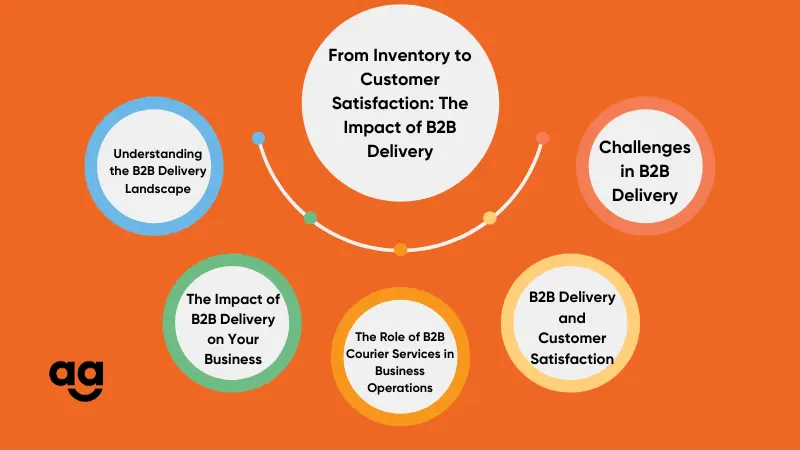
Understanding the B2B Delivery Landscape
B2B delivery differs from consumer delivery. It entails more significant volumes, precise delivery times, and complicated logistics. Product size, weight, and handling requirements demand unique solutions.
A strong B2B delivery strategy is required to address these distinct problems.
The Impact of B2B Delivery on Your Business
Many firms rely on B2B courier services. Reliable and efficient shipping guarantees that things arrive on time, every time. Deliveries by air courier can significantly increase consumer happiness while optimizing supply chain efficiency.
The Role of B2B Courier Services in Business Operations
B2B delivery is a strategic function that has implications across business operations. An effective delivery process improves productivity and visualizes the bottlenecks.
Enhancing Supply Chain Efficiency
B2B courier services play a vital role in supply chain optimization. It can significantly minimize transportation delays. By optimizing delivery routes and schedules, you can ensure timely arrivals. This not only keeps your supply chain running smoothly but also helps in maintaining your inventory levels.
Effective communication with delivery partners is critical. It helps maintain smooth operations and avoid interruptions.
Impact on Inventory Management
Effective B2B delivery improves inventory management by ensuring timely and accurate shipments. This reduces storage costs, boosts efficiency, and keeps customers happy.
Integrating delivery with inventory software provides real-time updates. This helps you make better decisions and respond quickly to demand changes. As a result, you always have the right stock levels.
Facilitating Just-In-Time (JIT) Inventory
Just-In-Time (JIT) inventory is a strategy where materials arrive exactly when needed. This approach reduces storage costs and minimizes waste. Reliable B2B delivery ensures timely arrivals. It allows you to keep lower inventory levels without risking stockouts.
Integrating delivery with inventory management helps track shipments in real time. This optimizes your production schedule and improves efficiency.
B2B Delivery and Customer Satisfaction
Quality B2B delivery services streamline business operations. This enables you to meet customer demands promptly. When your business receives timely and accurate deliveries, you can maintain optimal inventory levels. This ensures quick order fulfillment. These efficiencies lead to happier customers. They are more likely to return and recommend your services.
Meeting Customer Expectations
The growing competition in business today makes it very important to go beyond just meeting customer expectations. Businesses can also take the lead through reliable and faster delivery services.
Reducing Lead Times
Faster delivery times may substantially influence customer happiness and revenue. Businesses can cut lead times by improving their delivery routes. They can also leverage technology to enhance order fulfillment for organizations.
Improving Order Accuracy
Accurate order fulfillment is critical to preserving client trust. Effective B2B delivery services reduce mistakes. They guarantee that the proper items are delivered to the right clients on time.
Challenges in B2B Delivery
B2B delivery challenges are diverse and complicated. These need thoughtful planning and reliable infrastructure.
Handling Large-Scale Deliveries
Managing large deliveries requires precise coordination. You need to align inventory management with logistics to ensure efficiency.
Effective B2B delivery services simplify this by processing bulk orders smoothly. Advanced tracking systems help monitor shipments in real-time, reducing errors. This system allows you to meet deadlines and keep your operations running seamlessly.
Managing Delivery Delays
Delivery delays can stem from supply chain issues, regulatory concerns, or unexpected events. Effective B2B delivery services address these by offering real-time tracking and clear customer communication.
This transparency helps manage expectations. Additionally, contingency planning and flexible scheduling enable you to adapt quickly. These strategies keep clients satisfied even when delays occur.
Ensuring Product Safety and Integrity
Maintaining product safety during transit is crucial. Strict quality control measures are essential to prevent damage. Proper packaging and handling guidelines also play a significant role.
Adhering to industry standards builds confidence in your B2B transactions. This attention to detail ensures products arrive in perfect condition, preserving your reputation for reliability.
Conclusion
The efficiency of B2B courier services significantly impacts the path from inventory management to customer satisfaction. The essential factors that we have seen so far are critical for a smooth delivery procedure. Furthermore, a dependable delivery system improves overall client satisfaction.
Stay ahead of the curve and guarantee that your company provides quality at every stage. Partner with Shipyaari now to improve your delivery processes and achieve outstanding client satisfaction.
Reach out today and watch your business gain new heights!
Frequently Asked Questions
Consider delivery time, cost, product value, and shipping volume. Air travel is the fastest but most expensive, while trucks are more versatile but slower. Rail is a cost-effective way to transport big products.
Diversify your supply base, get cargo insurance, work with reputable carriers, follow customs requirements, and think about employing freight forwarders.
Monitor crucial parameters such as delivery time, mistake rate, customer satisfaction, and operational expenses. To determine ROI, compare the values before and after technology deployment.
B2B transactions entail greater volumes and precise delivery schedules and may require expert handling. B2C focuses on specific consumers, shorter delivery times, and a variety of packaging needs.
Suggested Reads
Hyperlocal Personalization: Tailoring Experiences for Local Customers
Introduction The eCommerce industry in India has witnessed a rapid growth of hyperlocal services in
Continue ReadingDec
How Can Box Size and Sustainability Cut Waste in Hyperlocal Deliveries?
Introduction Sustainability is more than just a trendy word in today’s logistics industry; it’s a
Continue ReadingNov







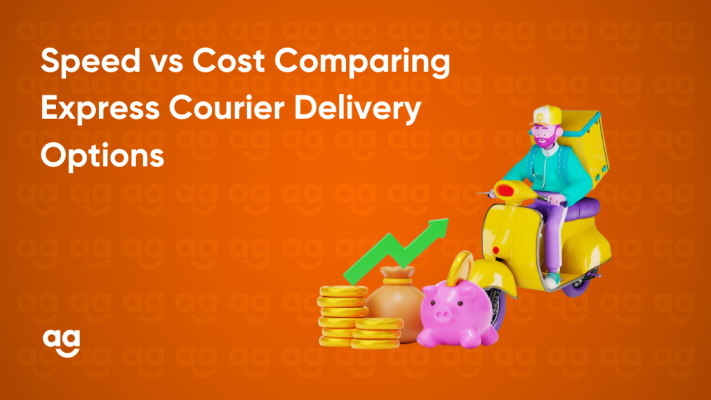
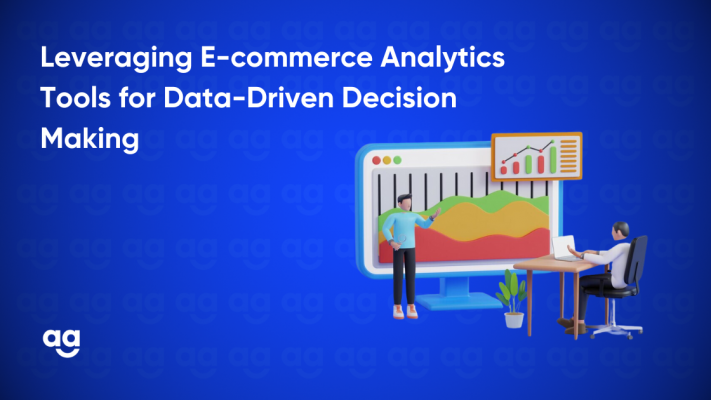
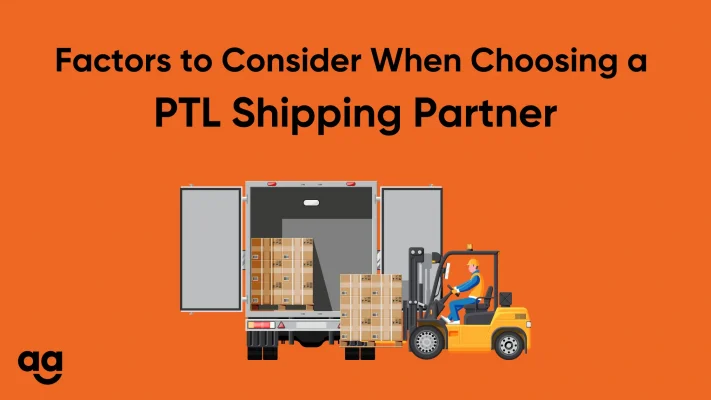
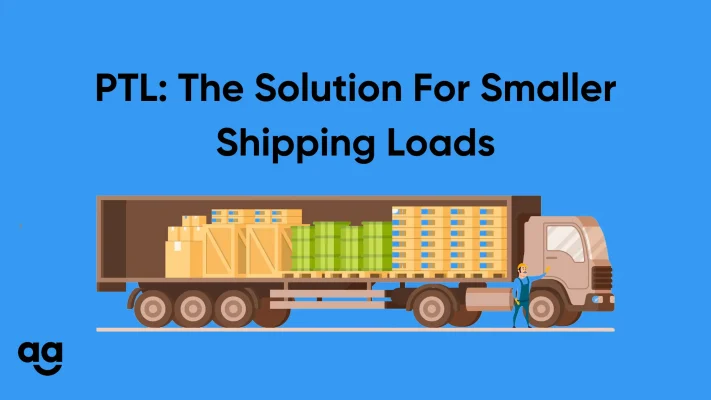
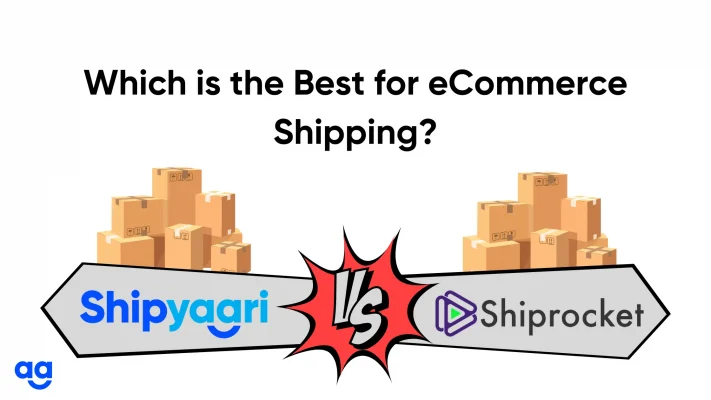

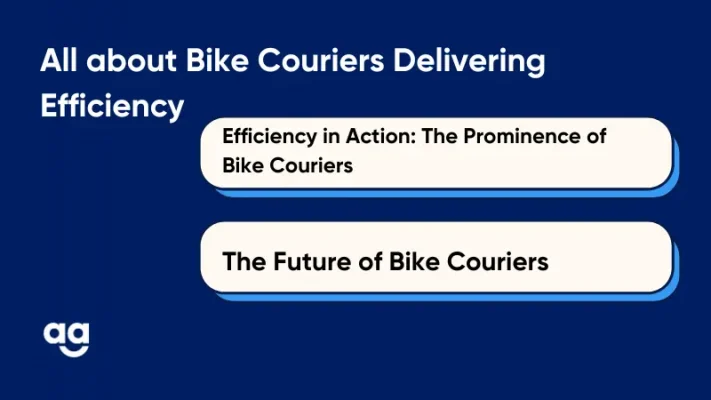
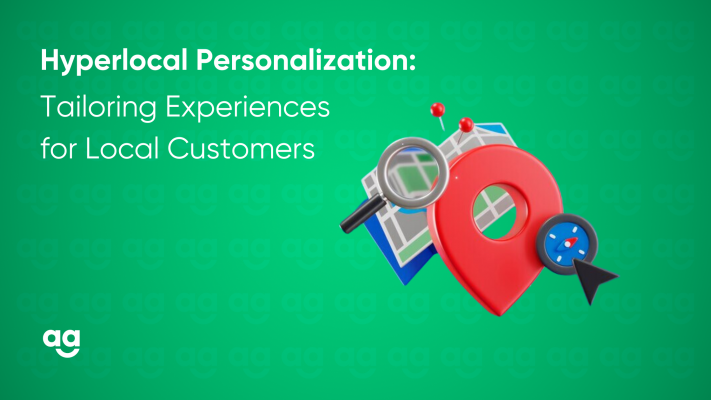
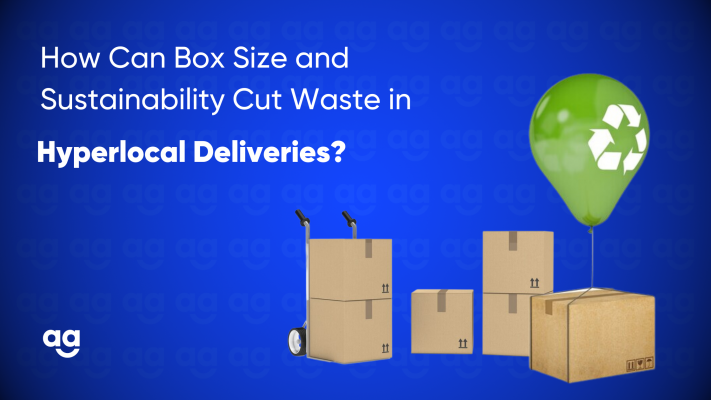
 Shipping
Shipping